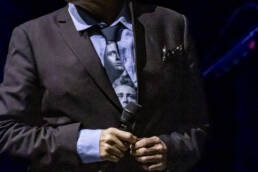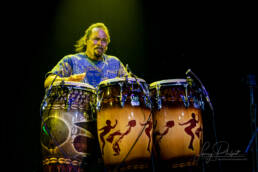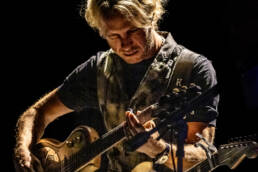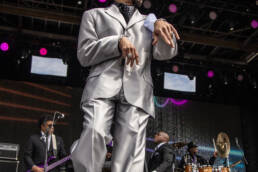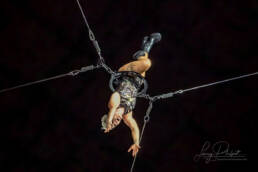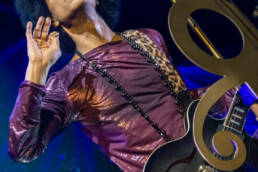James Morrison: Soulful Singer from Rugby
James Morrison: The Soulful Strummer from Rugby
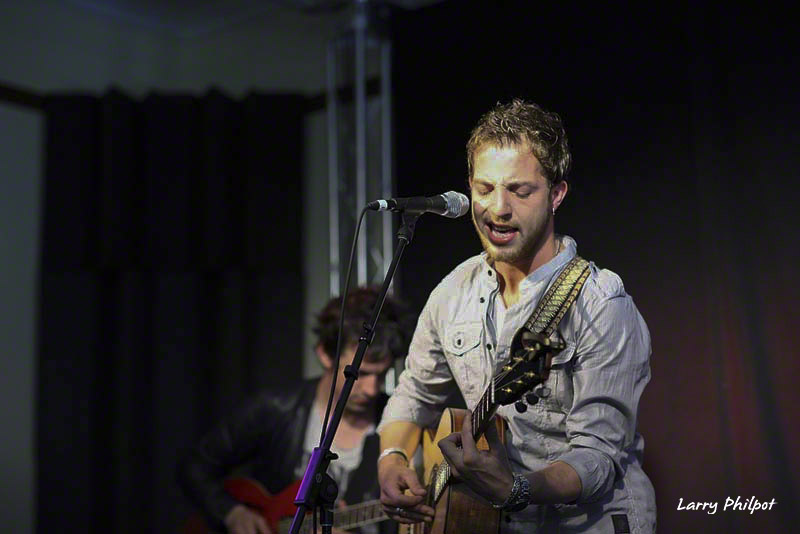
Imagine a young lad in a sleepy English town, strumming a battered guitar under the dim glow of a streetlamp, his voice raw and untouched, spilling out emotions he didn’t even know he had. That’s where James Morrison’s story begins—not with grand ambition, but with a quiet, burning need to make sense of the world through song. His journey from Rugby’s backstreets to sold-out arenas is a tale of heartache, grit, and a voice that could melt even the hardest cynic. Let’s dive into the life of this British soul sensation.
The Spark That Lit the Fire
For James Morrison, music wasn’t a choice—it was a lifeline. Growing up in Rugby, Warwickshire, he faced a childhood shadowed by instability: an alcoholic father, a family fractured by divorce, and financial hardship that left scars deeper than any paycheck could heal. At 13, he picked up his uncle’s guitar, and something clicked. It wasn’t fame or fortune that drove him—it was survival. Singing became his way to process the chaos, a cathartic release for a kid who’d seen too much too soon. Busking on the streets and jamming in local pubs, he found solace in the soulful sounds of Stevie Wonder and Otis Redding, their voices guiding him like a North Star toward a career he hadn’t yet dared to dream of.
A Life Shaped by Sound
Born James Morrison Catchpole on August 13, 1984, in Rugby, England, his early years were anything but glamorous. His parents split when he was young, and his father’s descent into alcoholism left James and his siblings bouncing between homes. Raised mostly by his mother, he found stability elusive, but music offered a constant. By his teens, he was a fixture on Rugby’s streets, guitar in hand, earning pocket change and a reputation for a voice that belied his age. After dropping out of school, he drifted through odd jobs—van cleaner, warehouse worker—but music kept calling. At 19, he moved to Derby, where open mic nights sharpened his craft and caught the ear of a manager who saw star potential in his soul-drenched sound.
In 2005, Morrison’s life pivoted when he auditioned for Polydor Records. Armed with just his guitar and that voice—gravelly, tender, and impossibly emotive—he landed a deal. His debut single, “You Give Me Something,” dropped in 2006, and the world took notice. From there, it was a whirlwind of albums, tours, and personal trials that only deepened his artistry.
The Career That Soared
Morrison’s career is a tapestry of solo brilliance, with no traditional “band” to speak of, though he’s collaborated with a rotating cast of stellar musicians. His debut album, Undiscovered (2006), thrust him into the spotlight, selling over a million copies worldwide. He followed it with Songs for You, Truths for Me (2008), The Awakening (2011), Higher Than Here (2015), and You’re Stronger Than You Know (2019), each showcasing his evolution from raw troubadour to polished storyteller.
Bandmates and Collaborations:
While Morrison’s a solo act, his most iconic tracks owe much to his studio crew. On Undiscovered, producer Martin Terefe and guitarist Martin Kelly helped craft his signature sound. His duet “Broken Strings” with Nelly Furtado in 2008 was a headline-grabbing moment, their voices intertwining like lovers in a stormy breakup. He’s also shared stages and studios with the likes of Jason Mraz and Jessie J, while his 2011 track “Up” with Jessie J cemented his knack for soulful pairings.
TV and Film:
Morrison’s voice has graced screens big and small. His song “You Give Me Something” popped up in Smallville and Ugly Betty, while “Wonderful World” scored a tender moment in He’s Just Not That Into You. He’s a frequent TV guest too, charming audiences on Later… with Jools Holland and The Jonathan Ross Show.
Awards and Honors:
Morrison’s trophy case glittered early. In 2007, he snagged the Brit Award for Best British Male Solo Artist, beating out heavyweights like Robbie Williams. Undiscovered earned a nomination for the Mercury Prize, and he’s collected nods from the Ivor Novello Awards for his songwriting chops. In 2019, his peers inducted him into the Music Week’s Songwriters Hall of Fame, a nod to his enduring craft.
Biggest Songs:
- “You Give Me Something” (2006) – Written by Morrison and Eg White, this aching ballad was his breakthrough, peaking at No. 5 in the UK.
- “Broken Strings” (featuring Nelly Furtado) (2008) – Co-written with Fraser T Smith and Nina Woodford, it hit No. 2 in the UK, a duet that still echoes in heartbreak playlists.
- “Wonderful World” (2006) – Penned with Eg White, this soulful gem reached No. 8, a testament to his knack for hope amid despair.
- “I Won’t Let You Go” (2011) – Written with Steve Robson, it climbed to No. 5, a soaring anthem of resilience.
The Shadows of Controversy
Morrison’s career hasn’t been without turbulence. In 2011, tragedy struck when his father, Paul Catchpole, died of alcohol-related illness after years of estrangement. The loss fueled The Awakening, but it also sparked tabloid scrutiny over Morrison’s strained family ties. Critics accused him of exploiting personal pain for art, a charge he brushed off, saying, “It’s not about them—it’s about me healing.”
Then there was the 2015 backlash over Higher Than Here. Some fans and reviewers slammed it as “too polished,” a departure from his gritty roots. Morrison fired back in interviews, defending his growth: “I’m not the kid busking anymore—I’ve lived, I’ve changed.” The debate raged online, splitting his fanbase between purists and those who embraced his evolution.
Most recently, his 2021 hiatus after the birth of his second daughter with partner Gill Catchpole raised eyebrows. Rumors swirled about a breakup or burnout, but Morrison returned in 2023 with acoustic gigs, proving his passion still burns. Yet, whispers of personal struggles persist, with Gill’s near-fatal childbirth complications in 2018 adding a layer of vulnerability to his public narrative.
The Voice That Endures
James Morrison’s journey is no fairy tale—it’s a gritty, soul-stirring saga of a man who turned pain into poetry. From Rugby’s cobblestones to global stages, he’s carried that streetlamp glow in his voice, a beacon for anyone who’s ever felt lost. His motivator was never the spotlight but the need to sing his truth, and that’s what keeps us coming back—concert after concert—for one more note of that raw, beautiful soul.
